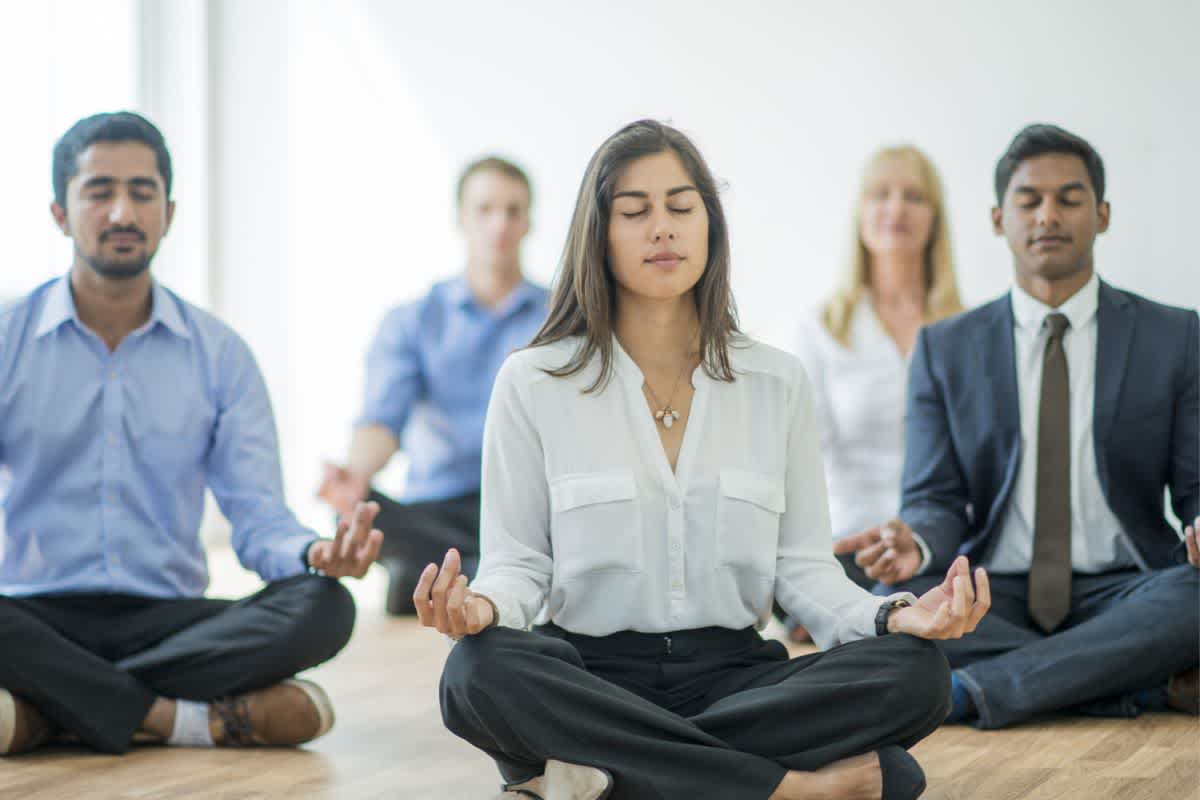Habits To Improve Mental Health
How to Improve Mental Wellbeing In 5 Minutes
All of us feel overwhelmed from time to time. It could be a new job, wedding around the corner or another big life event coming up. Sometimes, we all feel like we’ve got too much on.
Shaking off this sense of anxiety is easier said than done. But, it is not impossible either. You can improve your mental wellbeing with these three simple, yet effective, ways that can help you to relax and refocus.
Ask yourself some basic questions
Ironically when you feel overwhelmed and out of control, the first thing you put on the backburner is taking care of yourself. Yet, checking in with yourself is the most crucial element at such times, especially as we all process emotions differently. Don’t wait for a big life change to come about before initiating the self-care process; do it regularly anyway. Some questions that you could ask yourself are:
- What am I feeling right now?
- What thoughts or sensations am I experiencing?
- What do I need in this moment?
Focus on breathing
Mindfulness. It’s anything but a health buzzword. Several studies [1] show that it’s a technique that may help reduce the symptoms of depression by up to 20% and help to improve your mental wellbeing. Mindfulness is about focusing your mind on the present and accepting what’s going on inside and outside your body.
But, how exactly do you do this?
One of the most effective ways to achieve mindfulness according to Jo is breathing.
“Intentional breathing is a great way to reduce stress, and there’s no easier way to relax your mind, than by taking a few long, deep breaths,” says Jo.
Take a break from your hectic day and induce some calm into it with the correct breathing technique where you can focus on the rising and falling of your chest with every breath. You certainly don’t need a quiet room for this to happen. Mindfulness can be discovered even while walking.
“To anchor your mind, make a conscious effort to feel the ground beneath your feet with every step or focus on the different sounds you can hear.”
Take a break from technology and connect with your inner self
The convenience of a smartphone cannot be denied. But, it can quickly become very addictive. It is not uncommon to find people using their phone first thing in the morning or last thing before going to bed.
If you fall in the above category, it is time for a little digital detox as it is commonly called.
In a research by Lonegran in Australia, it was found that we’re in front of a screen for more than one third of the day on average. It may not come as a surprise, but we are now spending more time in front of our devices than we are in eating, commuting, working and exercising combined!
Tech-free time is definitely on the cards, and something that Jo highly recommends.

“Being glued to technology can take us away from being aware of what is actually happening around us,” says Jo, who strongly advocates switching off from electronic devices in the first hour after you wake up and the last hour before you sleep. Perhaps, you can spend this time with friends and family or just connecting with yourself.
References
Want to know more?
Important things to know
Information correct as at January 2019
